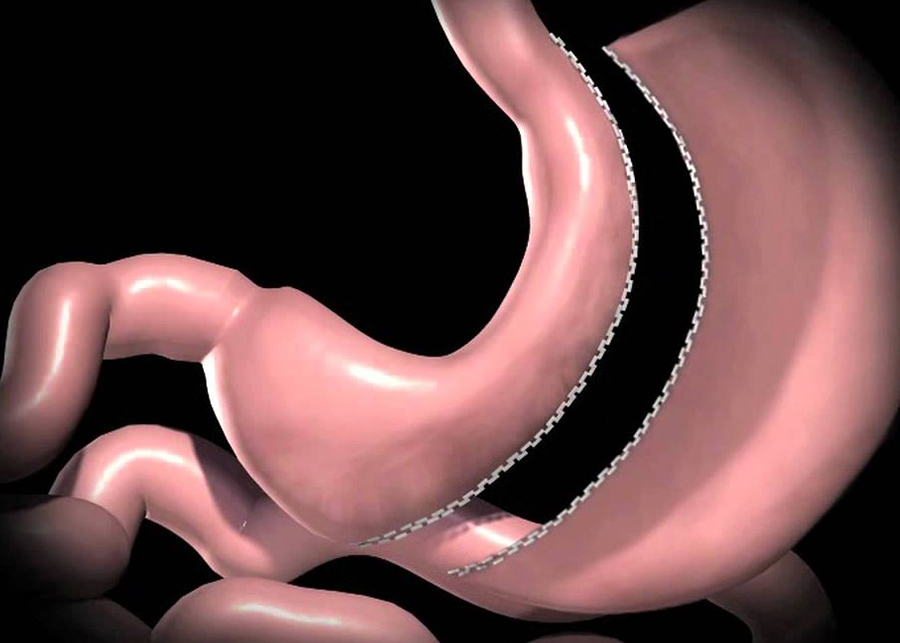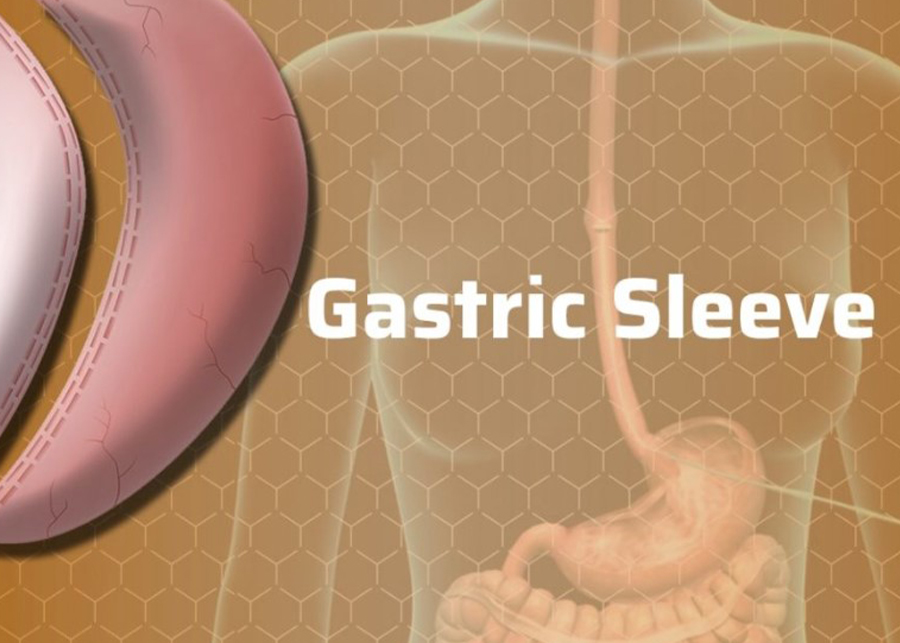If you have undergone gastric sleeve surgery, you may be worried about what happens if you start eating solid food again. Many patients report frequent “hunger,” which can lead to overeating. However, there are ways to control hunger after gastric sleeve surgery.
If you have had gastric sleeve surgery, you may be concerned about what happens if you start eating solid food. Some patients may experience frequent “hunger,” which may lead them to overeat. However, you can help your body control hunger by eating foods high in protein or taking protein supplements. These foods can help your body handle hunger better than junk food.

Avoiding animal-based protein
Following a gastric sleeve, eating adequate amounts of protein can be difficult. Patients are often uncomfortable consuming meats due to their new anatomy, and vegetarian meals can present balance problems. To ensure proper protein intake, patients should focus on complete proteins, which include all nine essential amino acids. Plant-based proteins are deficient in some of these amino acids, so patients must supplement their diet with other sources of protein.
Vegetarian and vegan options can help women meet their protein requirements after gastric sleeve surgery. Protein- rich plant foods are rich in nutrients and contain fewer calories than animal products. Soy products, beans, and whole grains also contain high amounts of protein. Following a plant- based diet can be an excellent way to meet the protein needs of women after gastric sleeve surgery, but patients should consult their doctor before starting a plant-based diet.
Avoiding high-fiber vegetables
After gastric sleeve surgery, it’s important to follow the post-op diet recommendations provided by your doctor. While the recommended diet is different from patient to patient, there are some general guidelines that you should follow. For instance, it’s a good idea to avoid high-fiber vegetables. These foods may contribute to constipation and vomiting.
While it’s true that fiber doesn’t increase the amount of calories that you absorb, you shouldn’t add any more fiber to your diet immediately after your gastric surgery. This is because fiber slows down the digestion process. It also helps regulate the digestive system and keeps you full longer. High-fiber foods require more chewing than low- fiber ones. Also, they take longer to break down in the digestive tract, which prevents overeating.
Avoiding sugary drinks
After gastric sleeve surgery, patients should stay away from certain foods, especially those high in sugar. In addition, they should avoid hard to digest vegetables such as celery and corn. Likewise, people should also stay away from meats and poultry, especially those containing a lot of fat. Also, they should limit their intake of concentrated sweets and fruit juices.
Soda contains a lot of sugar and can lead to obesity. An 8-cup serving of Coca-Cola contains approximately 800 calories and 200 grams of sugar. Besides, soda also
contains high amounts of carbonation, which expands the stomach and takes up its volume. This can make it difficult for people to digest foods and liquids.
Feeling bloated and nauseous
After undergoing gastric sleeve surgery, some patients may feel nauseous and vomit after eating solid food. This condition can be uncomfortable, and may last months. Patients can reduce their symptoms by modifying their diet.
The digestive process begins in the mouth and travels down the esophagus to the stomach. In the stomach, digestive juices break down the food and extract its nutrients. Then, the waste is excreted through the large intestine. Repetitive vomiting may cause discomfort in the upper abdomen and may lead to rupture of the staple line.

Damage to the stomach walls
After gastric sleeve surgery, patients should be aware of potential complications. Some of these conditions can cause serious complications, such as bleeding ulcers. If not treated immediately, these can lead to infection or peritonitis. These can be life – threatening, and they may require emergency surgery or hospitalization. If you have any of these concerns, you should consult a bariatric surgeon.
One of the most common complications of gastric sleeve surgery is a complication from eating solid food after surgery. This occurs when the gastric band buckle is loosened. This complication can lead to severe scarring and even an ulcer. The patient should discuss any concerns with the surgeon before the procedure. A surgeon will also advise patients on the proper use of over-the -counter medications, including NSAIDs, which can cause ulceration. Steroids should also be avoided, as they can affect the lining of the stomach.
What Happens If You Eat Solid Food After Gastric Sleeve Surgery? Result
Eat a balanced diet. If you try to eat too little at first, your body may react by slowing its metabolism. As a result of eating too little for several days or weeks, you can develop “starvation response” or “starvation mode,” which slows your metabolism, makes you weak, and can even cause you to gain weight. To prevent this from happening, don’t starve yourself. Eat plenty of food while you’re on the program. Your doctor will tell you exactly how much food to eat on a daily basis.








